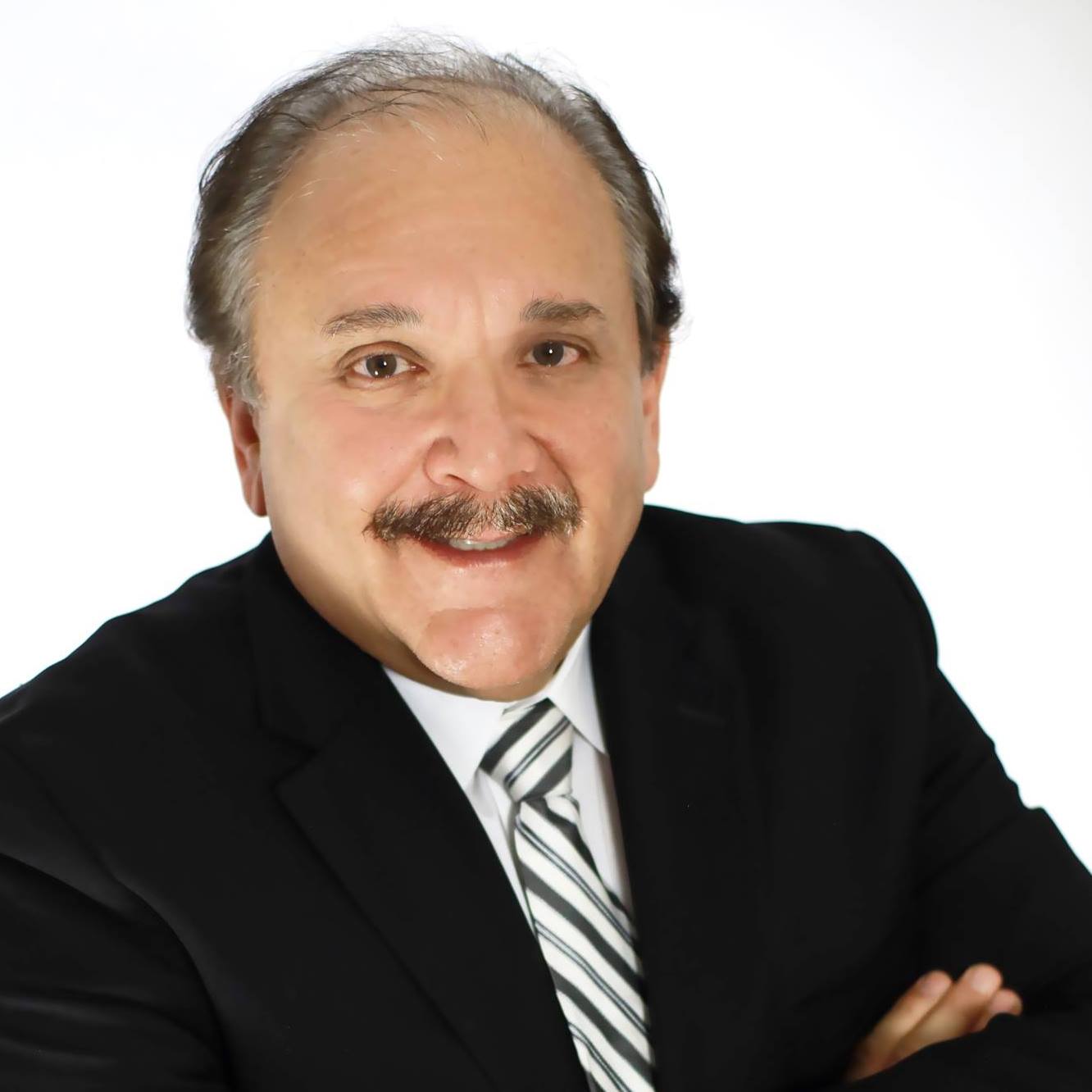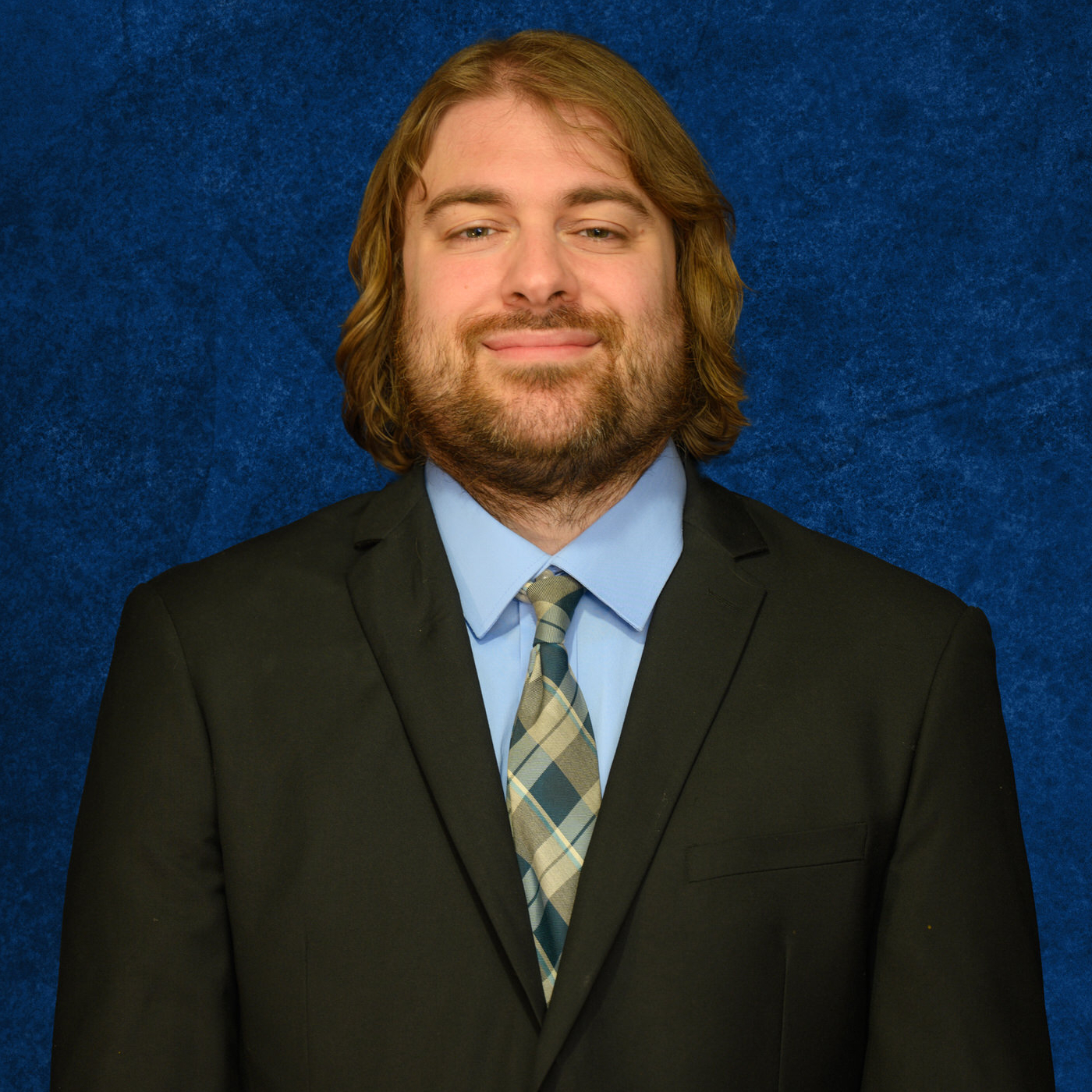People will tell you that it is impossible to discharge student loans in bankruptcy. Those individuals, while likely meaning well, have misstated the law and may have drastically oversimplified the situation.
While it is uncommon to discharge student loans in personal bankruptcy filings, it is not technically impossible. There are special laws at the federal level that specifically make discharging student loans particularly difficult.
Historically, most student borrowers still have to pay their student loans even after successfully pursuing personal bankruptcy. However, the Biden administration recently released guidelines that help clarify federal rules regarding student loans in bankruptcy.
There are now clear instructions for the discharge of student loans
Traditionally, a student borrower would have a major burden of proof if they wanted to include their student loans in their bankruptcy discharge. With the possible exception of loans used to pay for education at institutions that lost their credentials, most student loans are only eligible for discharge when a student can show that it would impose an undue hardship on them to repay those loans.
There have even been cases of individuals with total physical disabilities still expected to repay their student loans after bankruptcy. To prevent such hardship from holding people back financially forever, there will now be a clear path toward the discharge of student loan debt in some cases.
There are three clear criteria that apply in a case where a student borrower wants to discharge their loans:
- They need to show that they do not have the current ability to pay their student loans.
- They will also need to demonstrate a likely future inability to make payments.
- Finally, they will have to show that they took on the loans in good faith, potentially by showing a history of making payments prior to an injury or other situation that affected their finances.
When you want to do something unusual as part of your bankruptcy filing, such as discharging your student loan debt, you may very well require professional help. Even small mistakes or omissions in your bankruptcy paperwork can complicate the process and reduce your chances of success. When it comes to making a specialized claim to discharge debt related to your education, even the wrong phrasing could end up costing you thousands.
You need someone who can succinctly and appropriately build your case by showing that you meet the standards for the discharge of your student loans. Reviewing changes to bankruptcy practices and laws can help those trying to cope with high levels of personal debt.






